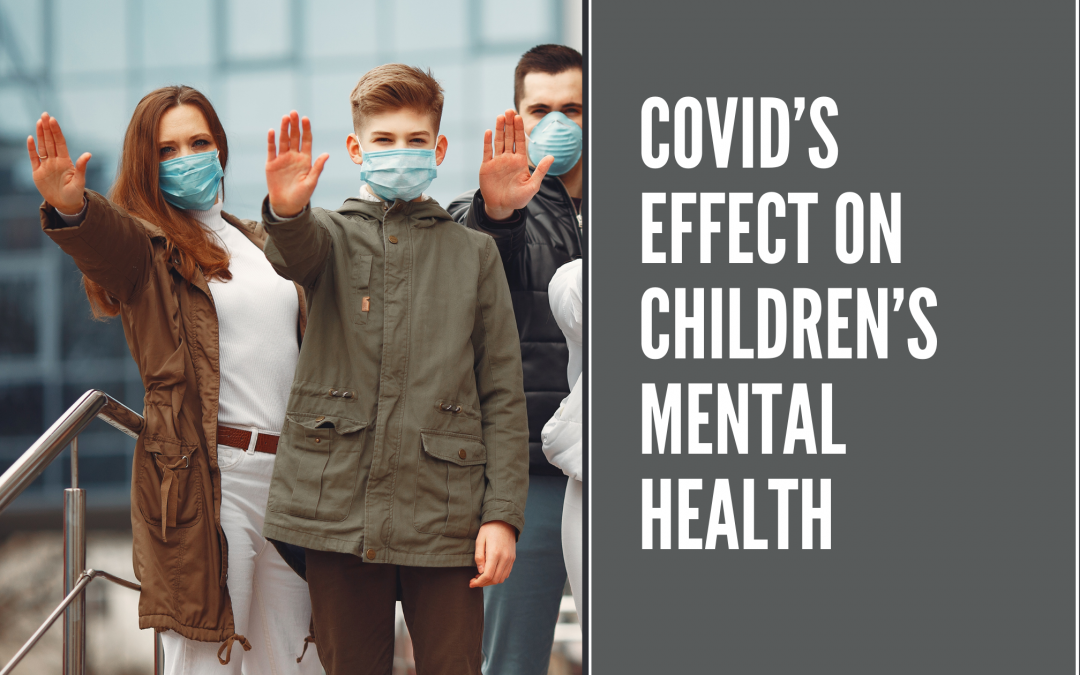Did you fool yourself into thinking that COVID-19 was not a “kid’s disease?” Children will be fine. They won’t get sick. Sadly, the “side effects” of the pandemic are what’s taking a toll on our kids.
There is no way to sugarcoat this. Covid-19 events of the last year have seriously upset our children. But the kids who have really gotten “beaten up” are those currently experiencing mental health challenges.
The Centers for Disease Control (CDC) defines childhood mental health disorders to include:
- attention-deficit/hyperactivity disorder (ADHD)
- Tourette syndrome
- behavioral disorders
- mood and anxiety disorders
- autism spectrum disorders
- substance abuse disorders
Pediatricians are now reporting increased symptoms of anxiety, depression, self-injury, and even substance use by children.
According to the CDC, between April and October 2020, there were 24% more mental health-related pediatric emergency room visits for children ages 5 to 10 and 31% more for children ages 12 to 17.
There are nearly 5 million children in the U.S. who have some type of serious mental health illness
According to MentalHealth.gov, “Mental health includes our emotional, psychological, and social well-being. It affects how we think, feel, and act. It also helps determine how we handle stress, relate to others, and make choices.”
For example, all three of those factors apply to children not attending school daily. This means kids have had no real up close & personal social interactions with classmates for over a year. They also have been staying indoors most of the day, which is not natural.
Possibly this makes them feel like they are being punished for something they have no control over.
And that causes further stress.
What Can Be Done
The first week of May has been designated as Children’s Mental Health Awareness Week. Many events were scheduled to highlight the problems and solutions. The entire month of May is also set aside for Mental Health Awareness issues.
What is one of the best, simplest, and most direct ways to combat some of these issues? Parents and caregivers need to talk openly with children about their feelings. Show them you care by listening.
Then consider relaxation techniques. These can include art therapy, walking, reading, listening to music, exercise, spending time with a pet, playing an instrument, journal writing, completing puzzles, or meditation.
Here in North Carolina, you may contact the NC Department of Health and Human Services (NCDHHS). It has developed and implemented a process to identify Children with Complex Needs. NCDHHS will link them to diagnostic testing and appropriate services through Local Management Entity/Managed Care Organizations (LME/MCOs).
Children with Complex Needs are ages 5 to 20, with a developmental and/or intellectual disability and a mental health disorder diagnosis. They must be Medicaid eligible and at risk of not being able to return to or maintain placement in a community setting.
You can contact NCDHHS for more details. NCDHHS
This post was written by Anthony M Scialis. Find him here.

